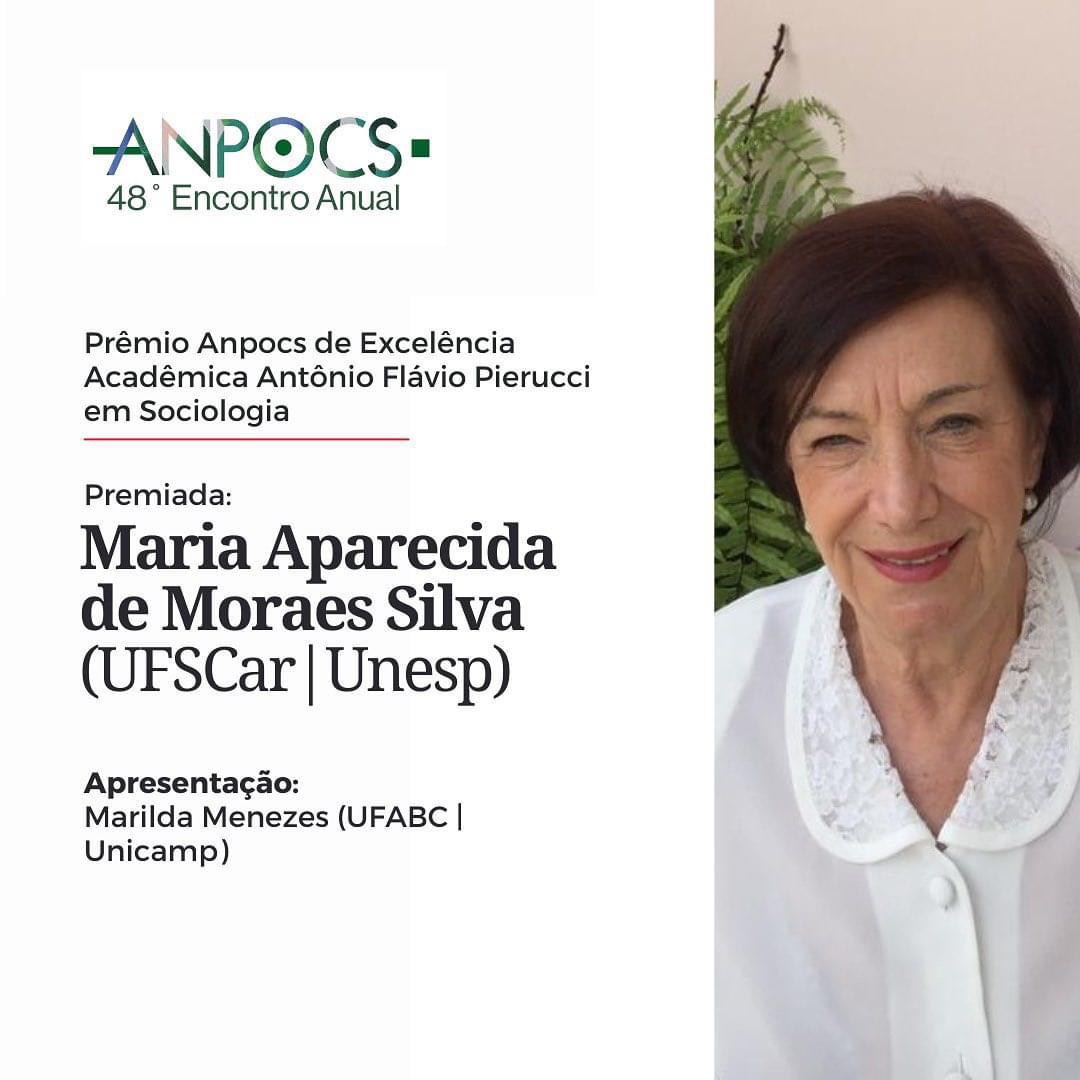Find Rural workers memories
Behold, suddenly, like true phoenixes, resurface the memories of the plantations in São Paulo. A place of memory of the labor world.
Access
Voices and Memories
The traveler, who is destined for the interior of the state of São Paulo, will see a large “sea of sugarcane”, extending over almost six million hectares, in addition to large farms producing oranges and coffee. São Paulo is known worldwide for the production of these commodities, in reason of the natural resources - land, water, climate -, the use of advanced technologies, institutional support and scientific development. However, the image of men and women working in the fields will be seldom seen by the traveler. Only gigantic machines will reveal themselves in the landscape.
During the last seven decades, thousands of people, black and brown, from the northeastern and northern state of Minas Gerais have toiled in the lands of São Paulo, producing their work history, whose face is being erased.
Against this erasure, the idea of the repository was born, whose objective is to reconstruct the past, unfolding it and bringing it to the present, through silenced voices and hidden memories.
The repository is a very rich collection, consisting of about a thousand hours of recorded interviews with men and women in various “backlands” of the country, on the large plantations in São Paulo, and also on the peasant farms and settlements. The interviews were carried out in the period 1983-2017.
The repository seeks to avoid the process of memoricide and to reveal to the traveler the experiences of lives carved with hands in the countryside of São Paulo.
In the footsteps of W. Benjamin, it is necessary to brush history against the fur and heed the appeal that the past makes us.
I hope, Voices and Memories can accompany this traveler and many others in the lands of São Paulo and beyond.
Music: Alma do Diogo
Music and Lyrics: Paulo Lopes Garcia
It refers to the death of Diogo da Rocha Figueira (1863-1897), known as Diogo or Dioguinho. He was a bandit in the service of landowners and traders, who worked in the municipalities of São Simão, Batatais, Altinópolis, Cravinhos, Ribeirão Preto, Santa Rita de Passa Quatro, Pirassununga, Araraquara and Jaboticabal.
It refers to the process of violence intrinsic to the formation of coffee farms at the beginning of republican history, whose power was in the hands of coffee colonels
It refers to my childhood memories of the countryside (roça) in “Paineiras”.
It deals with the process of social uprooting of the rural poor and the process of dispossession.
It refers to the conquest of land by small owners as a way of guaranteeing social rights, autonomy and dignity. The land is a symbolic value.
Some data
The repository in numbers.
Dialogues
Below are testimonies, whose authors were important for carrying out the research in the repository.
Ir. Inês Facioli, missionária Scalabriniana, atuei na Pastoral do Migrante na diocese de Jaboticabal/SP e região de Ribeirão Preto junto aos migrantes temporários do corte de cana por 18 anos em intercâmbio com as regiões de origem dos...

Ir. Inês Facioli
A trajetória acadêmica singular da Professora e Pesquisadora Maria Moraes tem as balizas da sua formação em Sociologia na UNESP e na Sorbonne e o seu interesse pelos que perambulam em busca de melhores condições de vida e trabalho no...

Josefa Salete Barbosa Cavalcanti
PhD em Sociologia, Manchester University. Pesquisadora do CNPq. Professora Titular da UFPE- Programa de Pós-Graduação em SociologiaO repositório Vozes e Memórias torna acessível ao público o rico material de pesquisa da Profa. Maria Moraes construído em quatro décadas de trabalho primoroso, acuidade metodológica e consistência teórica associada ao compromisso ético-social e político com os (as) trabalhadores (as) migrantes.

Marilda Aparecida de Menezes
Profa. Colaboradora UNICAMP - Doutorado em ciências Sociais. Profa.Colaboradora UFABC- Programa de Pós-Graduação em Ciências Humanas e Sociais. Pesquisadora CNPq, 1CContribution
Dra. Tainá Reis
Substitute Teacher at UFBADigitizing and editing material











